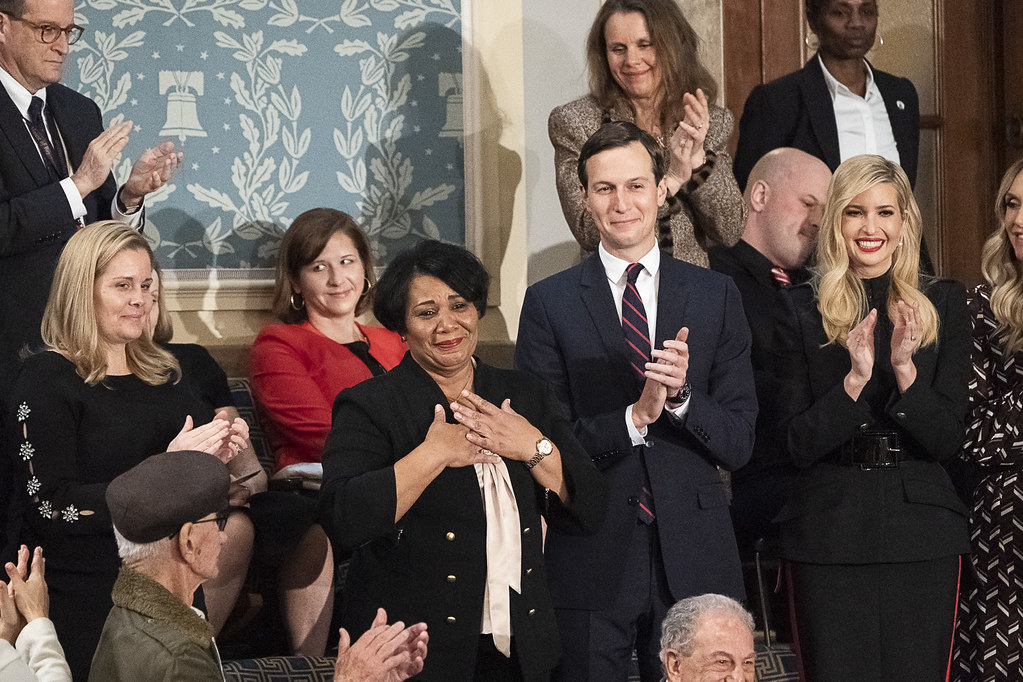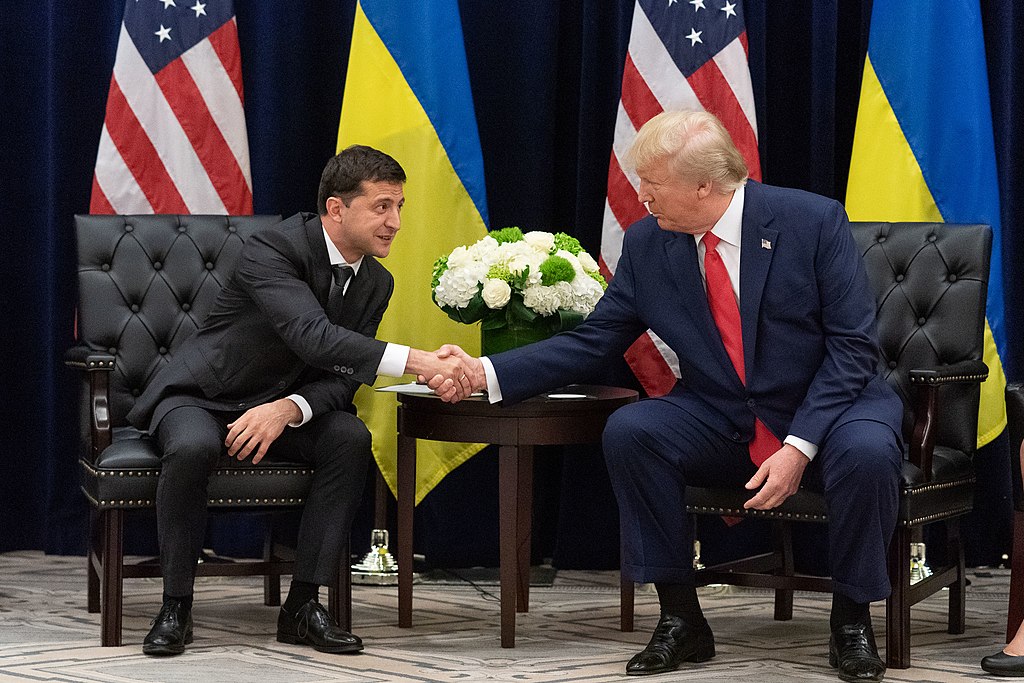In my graduate program, most of the PhD students shared a single communal office. At the end of the semester, when we had papers to write and exams to grade, it was common for us to do our work in the office – a show of silent solidarity and an offering of mutual moral support. On one such occasion a colleague of mine, call her M, was working in the office when one of her students came by. This student wanted to thank her for the semester and offered her a gift card.
M, however, refused the gift. The graduate students at Binghamton University are employees in the State University of New York system, thus, state employees. As part of ethics regulations in New York, state employees and elected officials are prohibited from accepting gifts of greater value than 15 dollars. I suspect that, the law aside, M may have refused the gift anyway. As educators, we were tasked with grading student materials as fair and unbiased as possible. As informed people, we were aware that factors such as the desire to reciprocate a good deed or to treat people you like well may shape judgments in unconscious ways. As philosophers who study morality, we were predisposed to have a concern for, and the ability to find, ethical violations.
On Sunday, May 11th, ABC News reported that the Trump Administration is preparing to accept a gift of a Boeing 747-8, worth about $400 million, from the Qatari royal family. The report further elaborated that the administration’s intention is to use the jet as the new Air Force One through the remainder of President Donald Trump’s term – which would require a retrofit process that could take multiple years and cost nearly one billion dollars. Ownership would be transferred to Trump’s presidential library before the end of his term, with the Air Force covering any costs associated with the transfer. When questioned on the ethical implications of accepting the plane, Trump noted that only a “stupid person” would refuse a “free, very expensive airplane.”
Critics contend that accepting the plane, particularly with the intention to transfer ownership to the Trump presidential library, would violate the Emoluments Clause of the United States Constitution. Article I, Section 9, Clause 8 of the Constitution states that “no person holding any Office of Profit or Trust under them, shall, without the Consent of Congress, accept of any present, Emolument, Office or Title, of any kind whatever, from any King, Prince or foreign State.” Congress has not approved receipt of the plane from the Qatari royal family and it is hard to see the plane as anything but a gift.
However, the moral critiques have been more varied than legal critiques. In its initial reporting, The New York Times said receipt of the plane “rais[es] substantial ethical issues.” Similarly, the outlet described a plan for the top holders of $TRUMP, a meme coin marketed by the President and his family, to privately dine with the President and tour the White House as a “foreign influence opportunity.” However, some other news outlets, politicians, and even Trump supporters have described these acts as bribery and corruption. Eric Lipton, reporter for The New York Times, defended his outlet’s framing, contending that “corruption requires explicit quid pro quo” thus stating that corruption is effectively only limited to bribery.
Lipton is correct, to some extent. We should be careful about how we refer to the receipt of a jet, perks for owners of the president’s cryptocurrency, and the president’s sons striking business deals across the Middle East in the days leading up to the president touring the region. Without evidence of an explicit quid pro quo – I’ll give you that if you support this policy – we cannot know for certain that these are bribes. For instance, we cannot be absolutely sure that the Trump administration reaching a deal to allow the UAE access to advanced AI chips from companies such as Nvidia was an exchange for the approval of a new Trump tower in Dubai, announced a week prior. Perhaps it is merely a coincidence.
But to limit corruption to bribery is to give an impoverished account. Bribes are a species of, not a synonym for, corruption. For instance, suppose a mayor had the final decision about which company would receive a contract to renovate a public building. Imagine that the mayor decided to award the contract to a construction company recently founded by his brother. This occurs despite contractors with a long history of successful work offering more competitive bids. This is plainly corruption, even if his brother did not offer the mayor something in exchange for this contract.
As this example shows, corruption is not just arranging quid pro quos. Corruption occurs whenever a public official/employee makes decisions based on private interests, preferences, or feelings, rather than the demands of the office/position. The mayor awards the contract to his brother, not for the good of the town, but because it aligns with his private goals. M demonstrated a lack of corruption not because her student offered the card in exchange for a good grade, but rather because accepting the gift card could affect her ability to function impartially in her role.
Of course, one might contend that accepting a gift does not necessitate that one’s private interests, preferences, or feelings will shape one’s decisions. Perhaps some individuals are especially integrous and will not let gifts sway their opinions. Indeed, one might even contend that publicly accepting gifts is a good thing – Speaker of the House Mike Johnson defended acceptance of the plane arguing, in part, that because it is happening “out in the open” there is not a cause for concern. The idea here might be that openly accepting a gift invites the public to carefully scrutinize decisions that an official makes regarding the party that gave the gift. This would not occur if the gift were a product of a backroom deal.
However, this argument misunderstands the true danger of corruption. Corruption is not a cause for concern merely if it results in decision makers endorsing policies for private reasons. This is certainly part of the issue. But the larger cause for concern surrounding corruption is that it erodes public confidence in institutions and those that occupy positions of power.
Elected officials and public employees are often referred to as public servants – they are supposed to act in the interests of the public. When they openly receive gifts or profit from decisions that they make, the public must now question all subsequent decisions that officials make. As a result, the public loses confidence that decision makers truly have their best interests at heart. This is why the appearance of impropriety or a conflict of interest is as damaging as its actual occurrence; both leave those subject to a decision uncertain that those who made that choice did so for the right reasons.
In 2024, only about 20% of Americans self-reported that they trust the government to do what is right most of the time. In this environment, civic life deteriorates; citizens no longer view the government, even a democratic one, as a cooperative project in which we all engage. They instead view it as something alien, and maybe even hostile, to the citizenry. As a result, it cannot be trusted. The true danger of corruption lies here.
Because of this, there is a sense in which an openly corrupt act is in fact worse than a secretive one. The politician who, say, takes a bribe during a backroom deal seems to acknowledge the severity of the situation. He recognizes that his act is wrong or at least will hurt his public image. Hence its secrecy. But the public figure who openly engages in corrupt acts believes that his acts are not inappropriate or that they will not damage his reputation. This suggests that the damage to public confidence has already been done. Faith and trust in officials has already collapsed. The openly corrupt acts are just the mask falling off.
Perhaps, then, what openly corrupt acts demand is not merely a response to those offenses. What they may demand is a response to all instances, large or small, where citizens are justified in perceiving that a public official could be placing private interests over those of the public. When a candidate for chair of the DNC declares that his party only takes money from the good billionaires, when $15 billion dollars of private funding were spent on political campaigns in 2024, when a bi-partisan group of senators sold literal millions of dollars of stock prior to the COVID-19 pandemic and numerous bills banning congressional stock trading fail to even reach the floor despite overwhelming public support, restoring public confidence in the integrity of elected officials may require addressing all potential sources of corruption. The most severe and flagrant acts may just be the symptom of a larger underlying disease that must be remedied.



